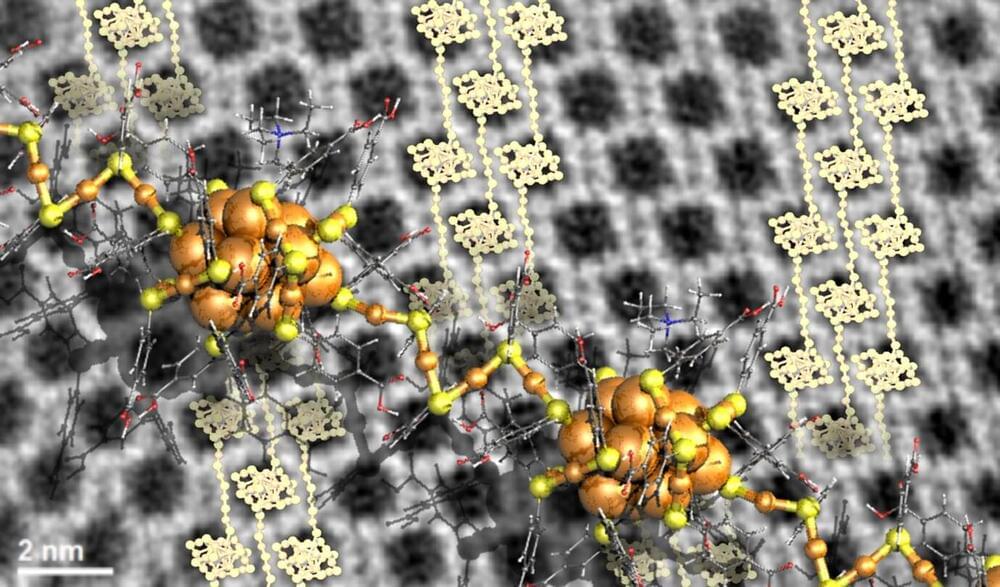Today we return to the Fermi Paradox to contemplate the notion of civilizations which neither expand outwards to colonize the galaxy nor go extinct, but exist as long-term, high-tech civilizations just on their own planet or solar system. To discuss the possible motives and reasoning we will look at the many arguments raised for and against space exploration.
Visit our Website: http://www.isaacarthur.net.
Join the Facebook Group: https://www.facebook.com/groups/1583992725237264/
Support the Channel on Patreon: https://www.patreon.com/IsaacArthur.
Visit the sub-reddit: https://www.reddit.com/r/IsaacArthur/
Listen or Download the audio of this episode from Soundcloud: https://soundcloud.com/isaac-arthur-148927746/fermi-paradox-…ilizations.
Cover Art by Jakub Grygier: https://www.artstation.com/artist/jakub_grygier





